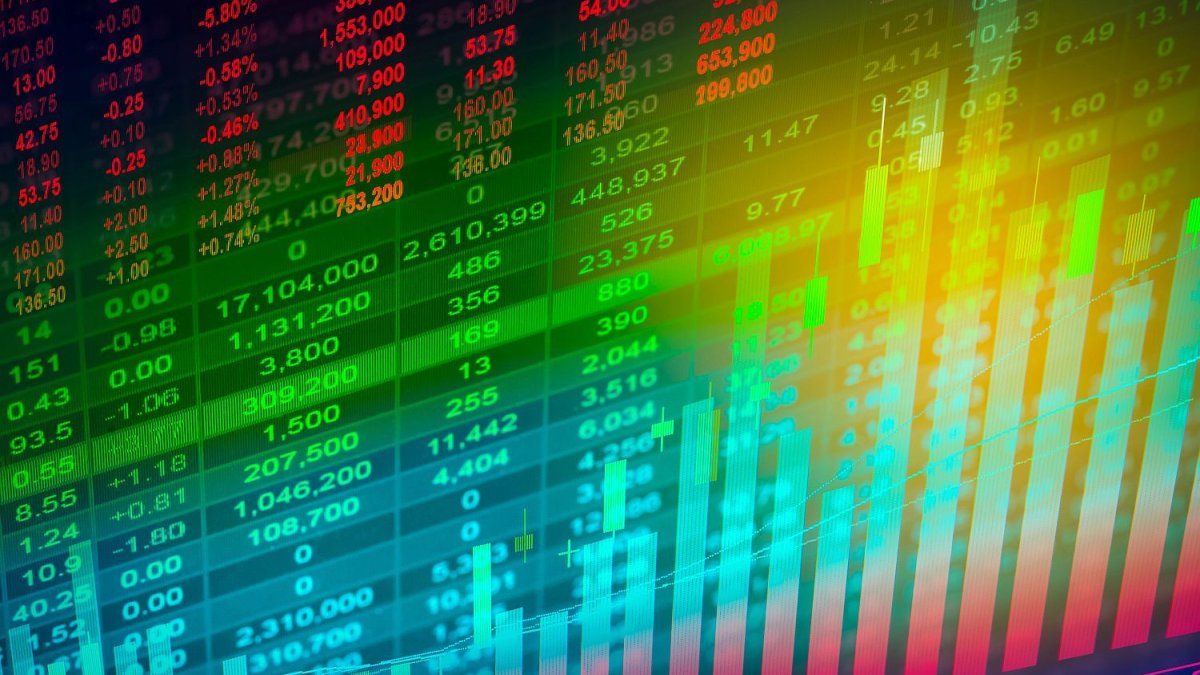Local investors remain cautious after a week marked by US Treasury intervention and political uncertainty. The definitions at the polls could set the immediate course of Argentine bonds and stocks.
In the run-up to the legislative elections, the Argentine market went through a week of extreme volatility in the face of the latest political definitions. The intervention of American treasure —which included the purchase of pesos and the approval of the implementation of a swap line for US$20,000 million—, the uncertainty surrounding the electoral result and doubts about the sustainability of the economic program led investors to adopt cautious positions.
The content you want to access is exclusive to subscribers.
The interpretation of the result will be key for the behavior of local assets. Not reaching a third of the Chamber of Deputies alongside the PRO would be perceived as a negative signal, while 35 or more of the votes would consolidate a favorable scenario and a possible compression of the country’s risk. A strengthened ruling party would also allow for greater room for political and financial maneuver towards the end of the year.


In the event of a legislative victory within the aforementioned numbers, the impact on Argentine assets would be significant. The sovereign bond maturing in 2030 (GD30) currently yields around 16% annually, compared to the 10% recorded in the middle of the year, reflecting an increase in the risk premium and coverage expectations. If a favorable result is confirmed, yields could converge again towards previous levels, implying an increase of close to 20% in bond prices.
In the stock market, the Merval index measured in dollars remains 45% below its historical highs and has accumulated a 40% correction so far this year. An election that reaffirms the continuity of the current economic course could function as a catalyst to reverse the trend and enable a significant recovery, of the order of 35-40%, which would take the index back to mid-year levels. In a very optimistic scenario for Argentine stocks, a return to previous peaks would imply a potential rise of up to 85% from current prices.
The active participation of the United States Treasury, headed by Scott Bessent, contributed to reinforcing stability in the short term, although the exchange rate remains in the upper zone of the band, reflecting a persistent demand for coverage and a supply of foreign currencies that has not yet managed to consolidate. The swap works as a containment and confidence-building factor for the economic program, but its impact will be limited if the internal political order is not consolidated. The market continues to pay attention to the Government’s ability to maintain monetary discipline and generate consensus that enables the advancement of structural reforms.
In an adverse scenario, a new correction in Argentine assets is expected, in a context of greater political uncertainty and doubts about the continuity of the reform program. While recent declines already anticipate some of this risk, there is still room for additional downside.
Although the recent approval of the new swap with the United States guarantees debt payments in 2026, a negative result could lead to a panic reaction and an abrupt increase in country risk to levels that are difficult to anticipate.
Among the local assets most sensitive to the electoral result, equities are emerging as the asset class with the greatest reaction. A favorable result for the Government could generate a strong upward momentum, especially in the banking sector, one of the hardest hit so far this year. On the contrary, an adverse result could cause a pronounced correction, since the market perceives a greater risk to the sustainability of the financial system in the event of a possible change in political orientation in 2027. In fixed income, longer duration sovereign bonds (2035, 2038 and 2041) are also especially exposed to political volatility.
Beyond the specific result, the sustainability of the economic program will depend on the Government’s ability to maintain fiscal balance, strengthen reserves and advance with the necessary reforms to consolidate a path of macroeconomic stability.
Portfolio Manager of Mills Capital Group.
Source: Ambito
David William is a talented author who has made a name for himself in the world of writing. He is a professional author who writes on a wide range of topics, from general interest to opinion news. David is currently working as a writer at 24 hours worlds where he brings his unique perspective and in-depth research to his articles, making them both informative and engaging.




